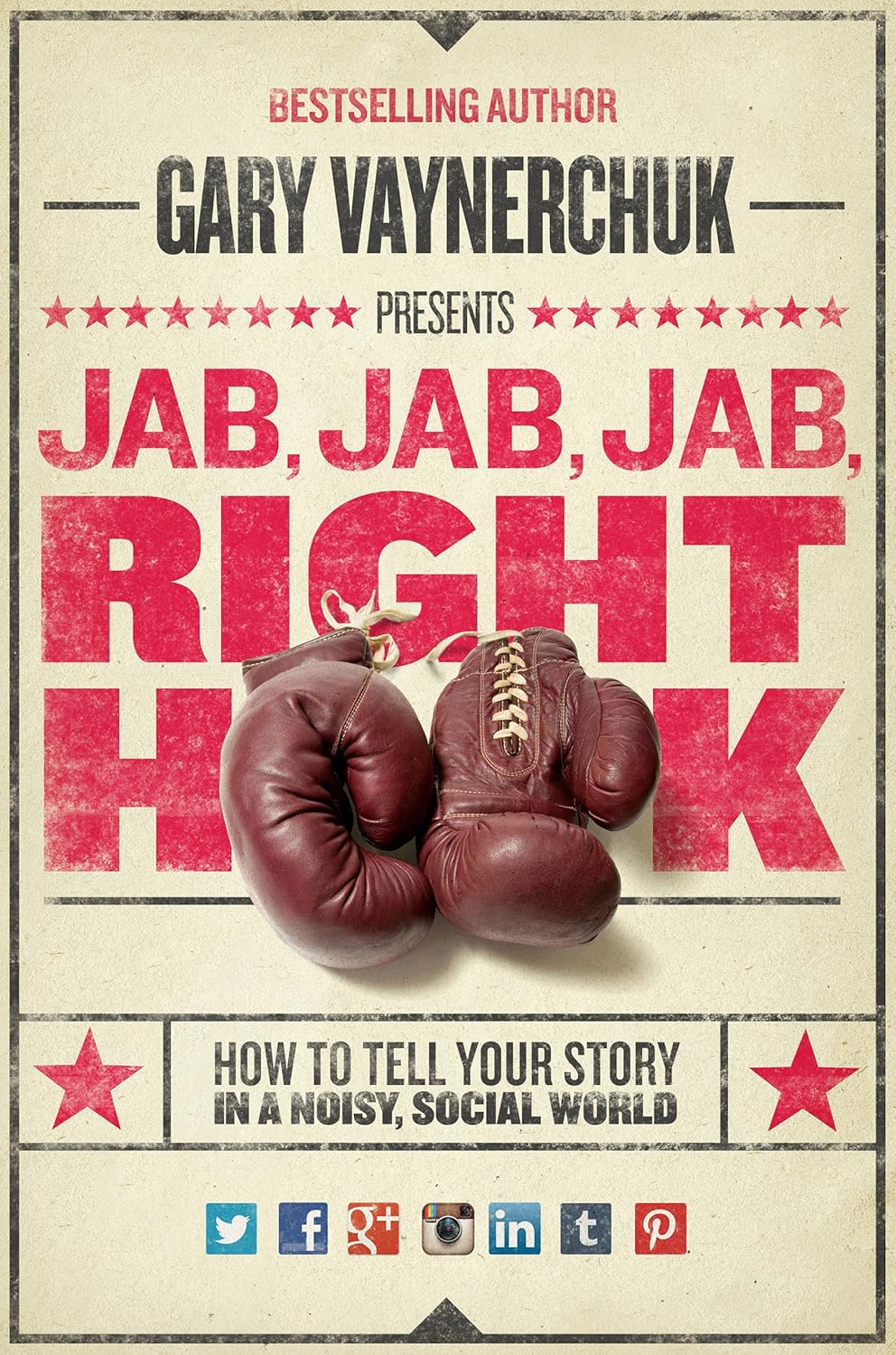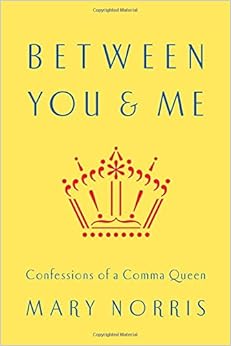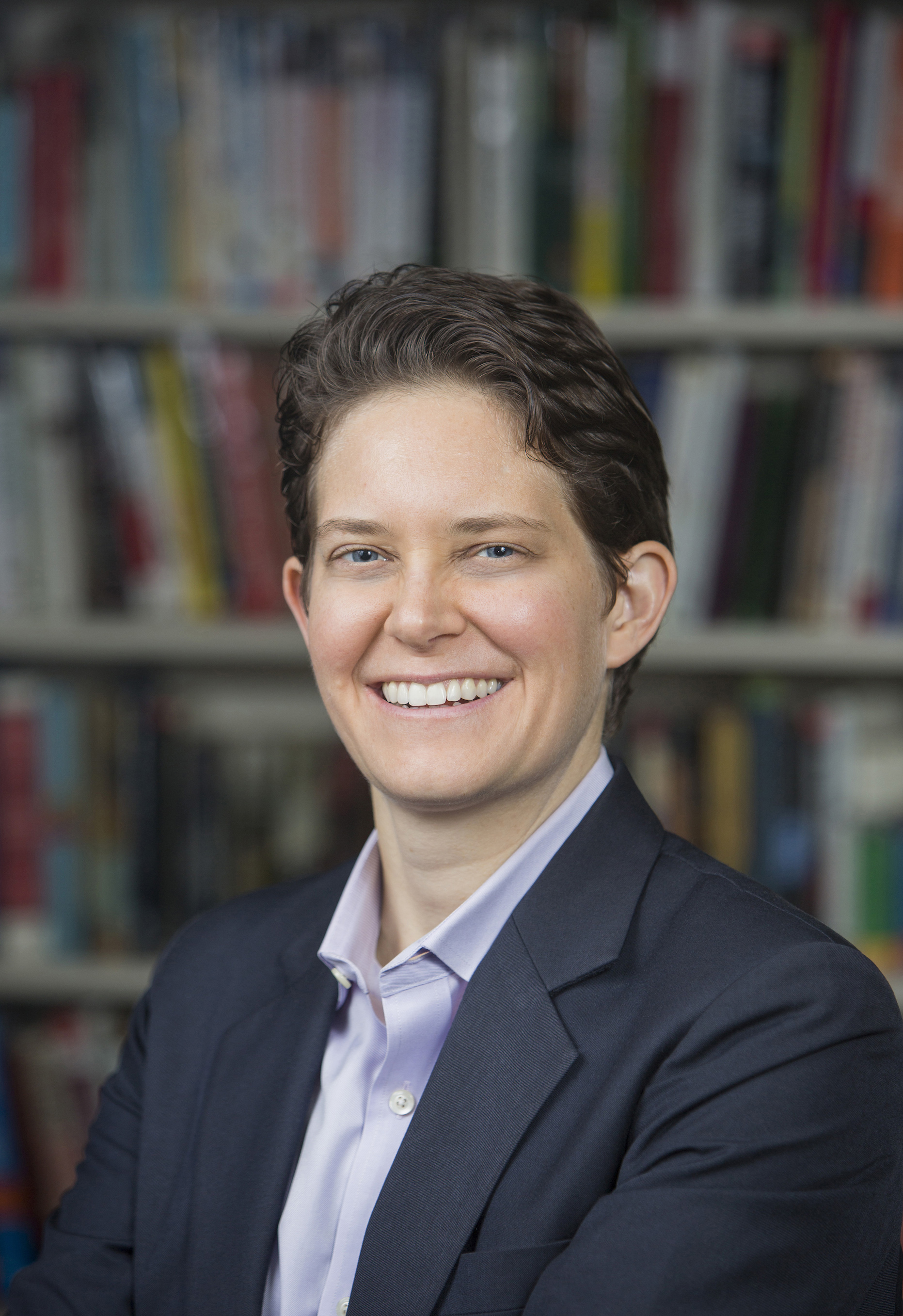Reading “Leave Your Mark” was like having a chat with the career mentor I always wanted, the kind of book I wish existed when I was in college.
 Described as a career mentorship in a book, Aliza Licht takes readers on a tour of her career – from majoring in neurobiology in college to being SVP of Global Communications for Donna Karan International, while sprinkling invaluable nuggets of advice throughout her story.
Described as a career mentorship in a book, Aliza Licht takes readers on a tour of her career – from majoring in neurobiology in college to being SVP of Global Communications for Donna Karan International, while sprinkling invaluable nuggets of advice throughout her story.
DKNY PR Girl revolutionized the way brands use social media and Aliza Licht’s ideas and advice could very well change the way we young professionals use social media professionally – to search for jobs, too reach out to brands and pros we admire and to build our own personal brands. There’s so much to learn from her experiences whether you have a passion for fashion or not.
Unlike other career books out there, “Leave Your Mark” isn’t a how-to book. Reading it won’t tell you how to complete a particular task during your career or explain a certain trend in our industry. It’s not a textbook, but it’s something every aspiring, young and seasoned PR professional should read and keep on their bookshelves.
Aliza breaks down the book into sections on finding your dream career path, crafting the perfect resume and cover letter, getting the most out of an internship, nailing interviews, promotions and raises, getting ahead, handling a difficult boss or trouble coworker, using social media to your advantage and building your own personal brand.
Among the many gems she shares, these are the five best tips I found in “Leave Your Mark.”
-
You reap what you sow.
Early on, Aliza tells a story relayed to her from a colleague. Her colleague received an email from an acquaintance on behalf of her daughter. Daughter wasn’t involved in the conversation at all – never even bothered to email herself. She didn’t get a job with the company, of course. The moral of this story is that you’ll only benefit from the work that you put in. If you’re not willing to put in the effort to find or get the job, it won’t be yours.
-
Attention to detail is important no matter the job.
The most important thing you can do when applying for a job or internship is to pay attention. Applications have instructions, whether you’re applying online, via social media or the old fashioned way, and if you can’t follow whatever instructions were set, your application won’t even make it to the hiring manager’s desk. Same for spelling, grammar and, the worst offense of all, addressing it to the wrong person. The devil is in the details.
-
Leverage your existing network in the job hunt.
Cold calls don’t really do much for anyone really. Aliza makes this point by saying that those who contact a potential new place of employment themselves are at a disadvantage and telling her own story of securing her first job at DKNY. She had heard of an opening at DKNY and asked an editor friend of hers to reach out and recommend her, which made DKNY seek her out. This can be a bit tricky, especially if you’re trying to relocate as you may not have connections in your new home, but when possible, it’s always the best way to go.
-
Social media isn’t personal anymore.
We may love to use social media to share photos of our favorite meals or to live-tweet our favorite TV shows (excuse me while I blow up everyone’s Twitter feeds on Thursday nights. You can thank Shonda Rimes), but social media isn’t personal for PR pros. Your social media accounts are a virtual resume, whether you like it or not, and it’s important to make sure that you’re not costing yourself a job because of your affinity for oversharing or less-than-ideal after-work behavior.
-
The best brand you can build is you.
The biggest thing I took away from “Leave Your Mark” were all of the great tips on building my own personal brand. Aliza shows through her own experience that building you is the most important thing you can do in your career. By working hard wherever you are, learning everything you can and always putting your best foot forward, you’ll build a great reputation for yourself that will precede you in your career.
 Robyn Rudish-Laning is a graduate of Duquesne University, with a bachelor’s in Public Relations, a master’s in Media Arts and Technology, and currently works as a PR Associate with Pretty Living PR, a boutique firm based in Pittsburgh. Find her on LinkedIn orTwitter or read her PR-focused blog
Robyn Rudish-Laning is a graduate of Duquesne University, with a bachelor’s in Public Relations, a master’s in Media Arts and Technology, and currently works as a PR Associate with Pretty Living PR, a boutique firm based in Pittsburgh. Find her on LinkedIn orTwitter or read her PR-focused blog







